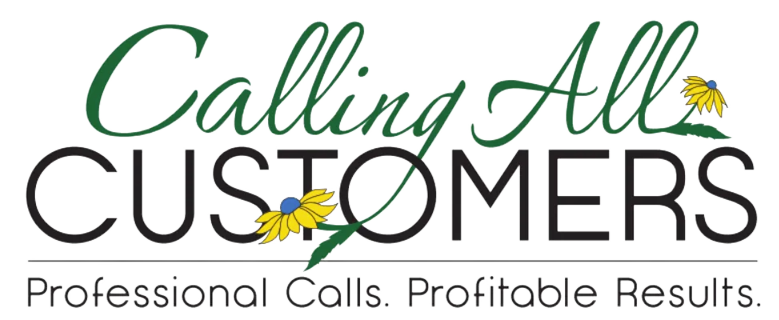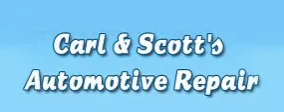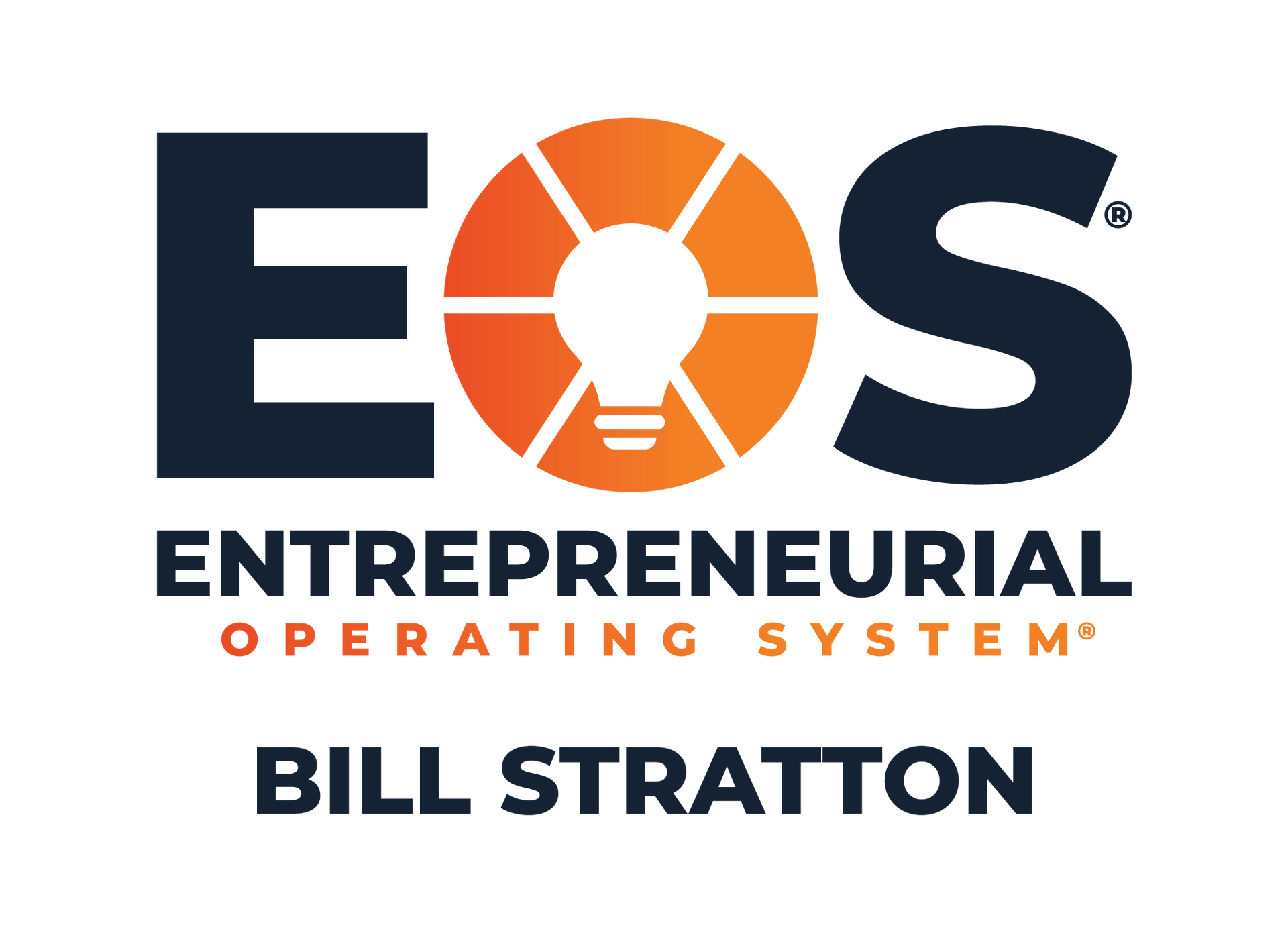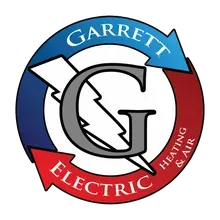Clear Communication is Gold!
Do your customers understand you?

Did you ever wonder why is it that after you spoke to a prospect who you knew needed what you sold, they didn’t buy from you? Chances are that the person did not understand you or did not understand the value of what you were offering as clearly as you did. This happens more often than you realize. As I’ve tried to explain over the last quarter of a century, all sales is communication. Your ability to sell is in direct proportion to your ability to effectively communicate how what you sell will help your customers either gain pleasure or avoid pain.
The reason this doesn’t happen all the time is because we usually know far more about what we sell than our prospects do. Sometimes, we take it for granted that they will understand or readily see how valuable our offerings are. But we cannot do that if we want to be successful in our own business.
There are several things that you can do to improve your communication with customers. First, avoid using any abbreviations. Just because they’re familiar to you does not mean your prospect will understand them. I know, as a coach, any time one of my clients starts using abbreviations, I instantly stop them and ask them to explain what they mean. About 50% of the time, the person can’t even tell me what they mean because they use the abbreviations so frequently that the actual meaning has been lost. For example, do you know what HTML means? (I had to look it up to be sure, but it stands for hypertext markup language.) Computer programmers use this term all the time. Test yours the next time you’re speaking with him or her and see if they can give you the answer.
Another thing you can do is avoid using jargon. There are terms that are quite familiar to specified fields but may be unfamiliar to prospects and customers. Never talk over your customers’ heads. If you’re talking about something complicated, it’s always a good idea to explain it in a simpler format. For example, one of my clients does air purification for homes. One of the questions he gets asked frequently is if he uses a filter. As he explained it, he said, “No, because that’s dependent on the impurity finding its way to the filter. Have you ever seen a leaf in a pool that never makes it to the pool’s filter? It never gets removed. That’s why I go to the impurities to make sure they’re gone.”
Finally, you can talk in terms of the only four benefits people buy, which are 1) to save time, 2) save or make money, 3) receive convenience, or 4) to experience peace of mind. If you use these simple guidelines when speaking to your prospects and customers, there’s a good chance that more of your prospects will become customers and more of your customers will become lifetime customers.
“The only thing that separates us is the English language.” – Steve Kaftanuk
This excerpt is taken from my seminar entitled Communication Excellence I: Connecting with Customers. I encourage you to
register for the exclusive live Zoom presentation of Communication Excellence I: Connecting with Customers on Thursday, June 15, 2023 from 9 AM to 12 noon Eastern Standard Time.












